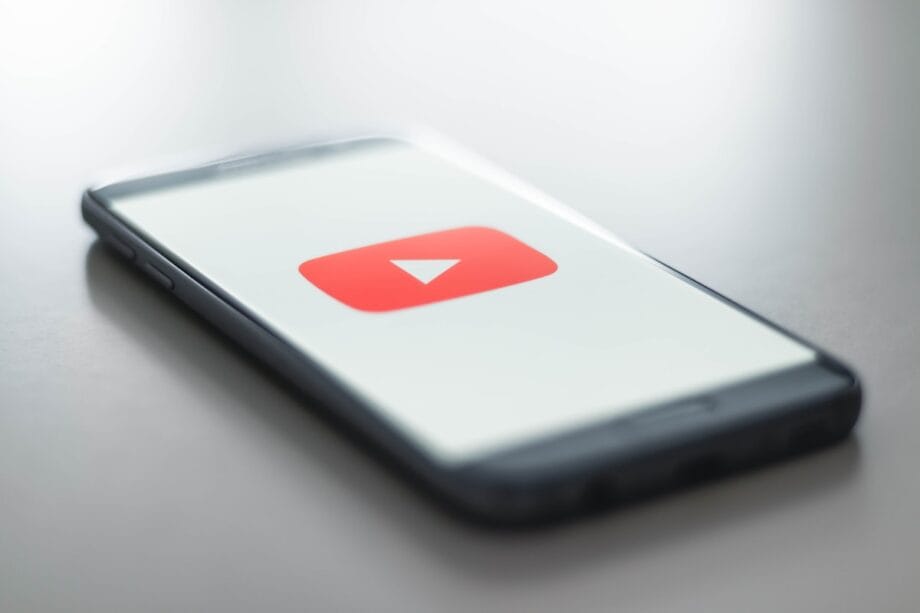YouTube Music Tests AI Hosts to Redefine Playlist Interaction
In the cutthroat landscape of music streaming, YouTube Music is discreetly trialing an innovative feature that may fundamentally alter user engagement with playlists.
A recent report from TechRadar reveals that the platform is experimenting with AI-generated “music hosts” who offer commentary, trivia, and anecdotes about songs, akin to the personal touch provided by a traditional radio DJ.
This initiative aligns with the broader trend among streaming services to incorporate artificial intelligence to enhance user interaction, as YouTube seeks to catch up with industry leader Spotify.
This feature is currently accessible to a select group of U.S. users through YouTube’s new Labs program, enabling listeners to opt for AI voices that provide pertinent insights during playback.
For instance, while a track unfolds, the AI host might share intriguing behind-the-scenes stories or fan trivia, promoting a more engaging auditory experience.
Android Headlines remarks that this represents YouTube’s version of Spotify’s AI DJ, which has been curating bespoke playlists coupled with voice commentary since its launch in 2023.
Competing with Spotify’s AI Innovation
Spotify’s AI DJ, as detailed in the company’s announcements on its newsroom, employs machine learning to scrutinize listening patterns and create customized mixes narrated by an AI voice.
Its popularity stems from its capability to function as a personal curator, intricately blending tracks while offering contextual information.
YouTube’s rendition amplifies this experience by prioritizing “beyond the beat” elements, such as artist narratives and trivia, which may resonate with users seeking an educational or storytelling dimension in their musical experience.
However, initial feedback has yielded mixed reviews. Some testers laud the enhanced level of engagement, while others express concerns that interruptions may disrupt the auditory flow, as reported by PCMag.
This reflects broader industry debates on the delicate balance between AI advancements and user preferences for uninterrupted listening.
Strategic Maneuvers in a Saturated Market
YouTube’s foray into AI is not an isolated endeavor; it forms part of a grand strategy to distinguish itself from competitors. According to Beebom, the Labs program is intended to trial cutting-edge ideas, with the potential for global rollout upon successful evaluation.
This comes alongside recent YouTube Music enhancements such as collaborative playlists and video integrations, clearly inspired by Spotify’s social features.
For industry experts, this signals a burgeoning AI arms race. Spotify has set high standards with tools like its AI playlist generator; however, YouTube’s extensive repository of user-generated content offers a unique advantage in sourcing trivia and narratives.
Analysts highlight that while Spotify boasts over 600 million users, YouTube Music’s integration with Google’s ecosystem could catalyze adoption, particularly among younger audiences already captivated by YouTube videos.
Challenges and Future Considerations
Nevertheless, challenges persist. Privacy concerns surface as AI scrutinizes listening behaviors, along with the potential for AI-generated content to feel formulaic or erroneous. Android Police previously speculated on comparable features, underscoring the necessity for seamless integration to avoid alienating users.
Moreover, as TechRadar discussed regarding Deezer’s AI initiatives, smaller entities are also innovating, which may further fragment the market.
Looking ahead, success will depend on user feedback during this experimental stage. If honed effectively, YouTube’s AI hosts could become a staple feature, compelling Spotify to enhance its own offerings.
For executives within the streaming sector, this underscores the integral role of AI in fostering retention—transforming passive listening into interactive experiences that nurture subscriber loyalty in an era characterized by boundless choices.
Expanding Beyond Music Playback
This feature signifies a shift towards experiential audio. By integrating narratives, YouTube blurs the distinctions between streaming and podcasting, potentially drawing in advertisers keen on contextual placements.

Insiders speculate that future expansions could encompass multilingual hosts or genre-specific commentary, harnessing Google’s remarkable AI capabilities.
Ultimately, as music platforms vie for supremacy, innovations of this nature underscore AI’s transformative potential. While Spotify pioneered the DJ concept, YouTube’s involvement promises to further democratize it, offering free access to functionalities that might otherwise remain locked behind premium tiers.
The outcome of this test could shape the future trajectory of streaming, where technology not only plays music but narrates its profound stories.
Source link: Webpronews.com.






